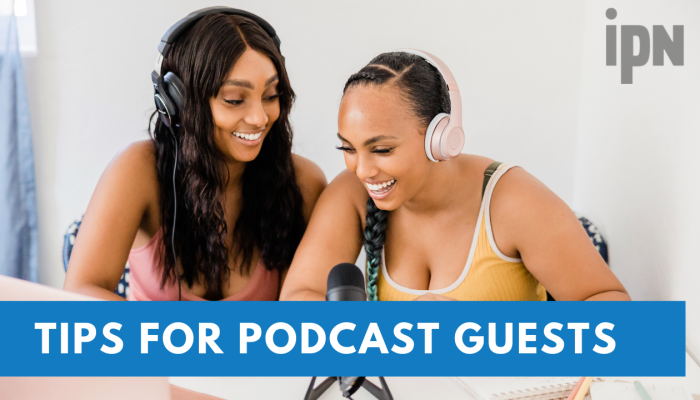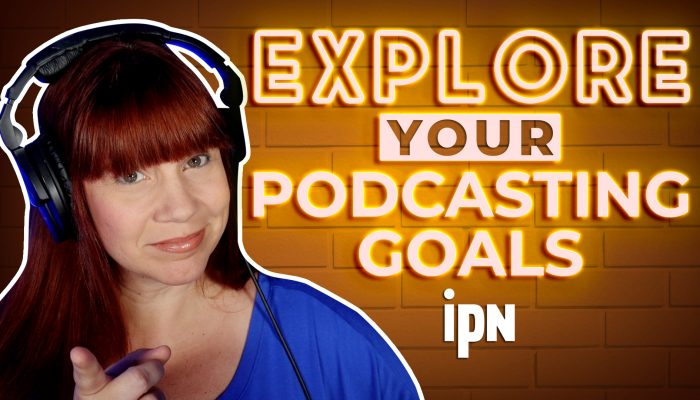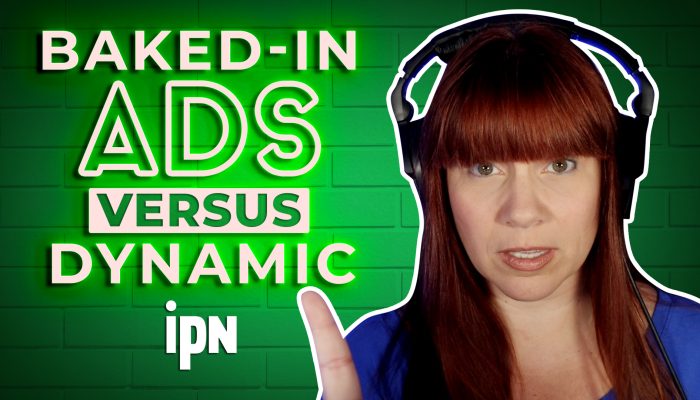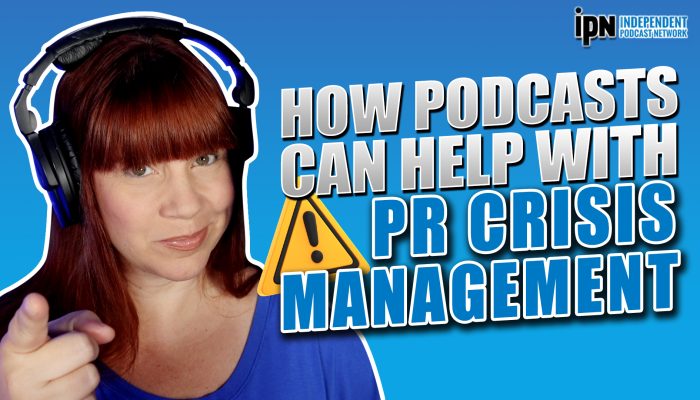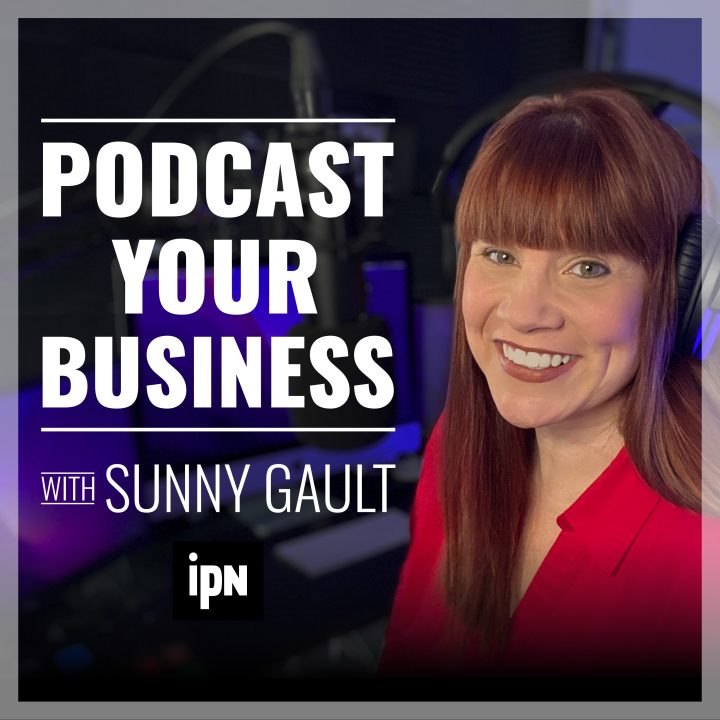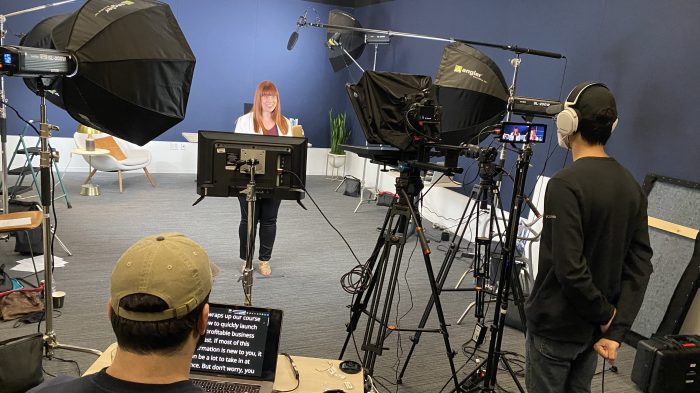Your niche is more than just your topic—it’s what sets your podcast apart, attracts the right audience, and keeps them coming back for more. Whether you’re starting fresh or refining an existing show, choosing a clear, well-defined niche can make all the difference.

Understanding Your Interests and Expertise
The best podcasts often come from hosts who are passionate, knowledgeable, or deeply curious about their subject. So, before you settle on a niche, take some time to reflect on your interests and expertise. Here are a few tips to help you figure out your interests and expertise that you can start a podcast around:
- Start with What Excites You: Your podcast should be built around something that energizes you—because if you’re excited, your audience will be too. When you’re genuinely interested in your subject, it shines through in your voice, your storytelling, and your ability to engage listeners.
- Leverage Your Expertise: Your background, skills, and experiences can also help you define a strong niche. While you don’t need to be an expert when you start, having some level of knowledge or experience in your topic can make it easier to create valuable content.
- Finding the Overlap Between Passion and Market Demand: A successful podcast niche isn’t just about what you love—it also needs to be something others are interested in. Map out where your passion and knowledge overlaps with audience interests.
Researching Podcast Market Gaps
Once you’ve identified your interests and expertise, the next step is to research the market to see where opportunities exist. Even if you have a great idea, it’s important to make sure there’s a demand for it—and that you’re not entering an oversaturated space without a unique angle. By identifying gaps in the podcast market, you increase your chances of launching a show that stands out and attracts an engaged audience.
What is a Market Gap in Podcasting?
A market gap is an unmet need or underserved audience within an existing podcast category. It could be:
- A topic that people are searching for but isn’t widely covered in podcasts.
- An angle that existing podcasts haven’t explored deeply.
- A specific audience that isn’t being directly spoken to.
For example, let’s say you’re interested in personal finance. There are already thousands of personal finance podcasts, so launching another generic one wouldn’t be strategic. But what if you noticed that there aren’t many podcasts dedicated to financial planning for teachers or creative freelancers? That’s a market gap you could fill. Conducting a competitor analysis can help you identify those opportunities.
How to Identify Gaps in the Podcast Market
So, how do you find gaps in the podcast market? Here’s a step-by-step guide:
- Analyze Existing Podcasts in Your Niche: Start by researching the top podcasts in your category. Look for patterns. Do most podcasts in your niche focus on broad, mainstream topics? Are certain subtopics barely covered? These are clues to potential gaps.
- Read Podcast Reviews and Listener Feedback: Podcast reviews are a goldmine of insights. Go to Apple Podcasts or Podchaser and read reviews of popular shows in your niche. Listeners of existing podcasts will tell you exactly what they want in a podcast, but haven’t found.
- Search for Podcast-Related Discussions Online: People discuss their favorite (and least favorite) podcasts on social media and community forums. If you see repeated requests for a specific type of podcast that doesn’t seem to exist, that’s a strong indicator of a market gap.
- Use Google Trends and Keyword Research Tools: If people are searching for a topic online, there’s a good chance they’d listen to a podcast about it. Google Trends, AnswerThePublic, and Ahrefs can help you find topics people regularly search for.

Evaluating Monetization Potential
While not every podcast needs to make money, understanding how your niche could support monetization and audience growth can help you make smart decisions early on. Let’s break it down.
Are There Businesses or Brands That Want to Reach This Audience?
One of the easiest ways to monetize a podcast is through sponsorships and advertising. Brands pay to be featured on podcasts that align with their target audience.
To check if your niche has sponsorship potential, ask yourself:
- Are there businesses selling products or services to this audience?
- Do other podcasts in this niche have sponsors?
- Are there affiliate programs related to this topic?
If there are brands actively marketing to your audience, there’s a good chance they’d pay to reach them through your podcast.
Are People Willing to Pay for Premium Content?
Beyond sponsorships, many podcasters monetize by offering exclusive content or paid memberships. Some niches naturally lend themselves to paid content. For example:
- Podcasts about investing strategies can offer paid deep-dive workshops.
- Language-learning podcasts can create members-only practice materials.
- Self-improvement podcasts can sell exclusive masterclasses or coaching.
If your audience values in-depth knowledge or exclusive access, you may have a strong opportunity for premium content.
Can You Sell Your Own Products or Services?
Another way to monetize is by leveraging your podcast to promote your own products, services, or expertise. If you answer yes to any of these questions, creating your own product or service can be a way to monetize your podcast:
- Does this niche align with a business or service I could offer?
- Could this podcast help me build authority and attract clients?
- Are other podcasters in this space successfully selling ebooks, courses, or consulting?
Finding the Balance Between Passion and Profitability
The best niche excites you and has clear growth potential. If you choose a niche purely for money but aren’t passionate about it, you’ll struggle to stay motivated. On the other hand, if you choose a niche you love but there’s no audience or monetization potential, it may not be sustainable.
Conclusion
Choosing the right niche is one of the most important decisions you’ll make as a podcaster. It’s the foundation that determines who your audience is, how your podcast grows, and whether it has long-term potential.
The key takeaway? Don’t just start a podcast—start the right podcast. One that excites you, serves a specific audience, and has room to grow.
Now, it’s time to take action. Refine your niche, validate your idea, and start building your podcast with confidence. Your audience is out there, waiting for your unique voice. So, what are you waiting for?
